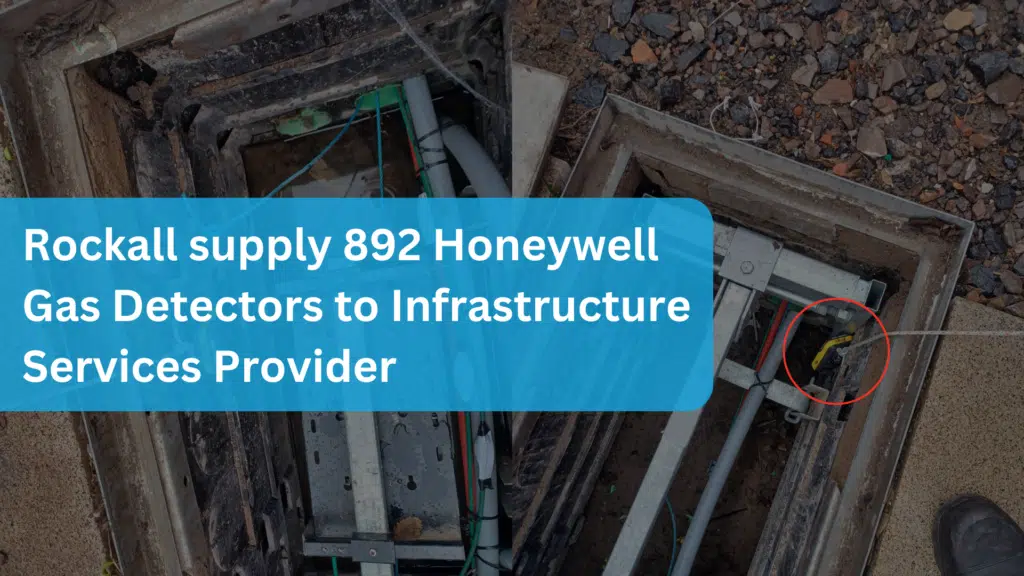
Detecting Hydrogen
Formula: H2
CAS Number: 1333-74-0
Hydrogen, the most abundant element in the universe, is often hailed as the fuel of the future due to its clean-burning properties and potential to revolutionise various industries.
Here’s a concise overview of key facts about hydrogen
Clean Energy Source:
When burned or reacted with oxygen in a fuel cell, hydrogen produces only water vapour as a byproduct, making it a clean and environmentally friendly energy source. It can play a crucial role in reducing greenhouse gas emissions and combating climate change, particularly in sectors such as transportation and industrial processes.
Versatile Applications:
Hydrogen can be used in a wide range of applications, including transportation (fuel cell vehicles), power generation (fuel cells), industrial processes (chemical manufacturing and refining), and energy storage. Its versatility and potential to integrate with existing infrastructure make it a promising candidate for transitioning to a low-carbon economy.
Production Methods:
Hydrogen can be produced from various sources, including fossil fuels (natural gas, coal) through steam reforming or gasification, and renewable resources (water electrolysis) using electricity from renewable sources such as wind or solar. Green hydrogen, produced through electrolysis powered by renewable energy, is considered the most sustainable and environmentally friendly option.
Energy Storage:
Hydrogen can serve as a form of energy storage, allowing excess energy from renewable sources to be captured and stored for later use. It offers advantages over batteries in terms of scalability, long-duration storage, and suitability for applications requiring high energy density, such as long-distance transportation and grid stability.
Safety:
Hydrogen is highly flammable and can form explosive mixtures with air at concentrations as low as 4% by volume. Monitoring hydrogen levels helps to ensure the safety of personnel and facilities by detecting potential leaks or build-up of hydrogen, allowing for prompt action to prevent accidents or mitigate hazards.
At Rockall Safety, choose from a range of Hydrogen gas detectors from top brands such as BW, Drager, Crowcon and MSA. We offer portable gas detection that you can rely on. For more information on Hydrogen gas detectors, click here: Hydrogen Gas Detectors | Shop By Gas Type | Rockall Safety
What we recommend
BW Solo Single Gas Detector
The Honeywell BW Solo is a portable, single-gas detector designed to keep workers safe in hazardous areas. It offers a unique mix of user-friendly operation, reliable performance, and easy maintenance, making it a valuable tool for a variety of industries. Data can be downloaded onto the PC, which in turn can be managed through the Honeywell software, designed to automate key compliance tasks. Expertly designed to accommodate 14 distinctly different gas types including ammonia and hydrogen. For more information on the BW Solo Single Gas Detector, click here: BW Solo Single Gas Detector | Honeywell Gas Detector with connectivity. (rockallsafety.co.uk)
Midas S2 Fixed Gas Detector
The Midas S2 is designed with a compact form factor suitable for use in tight spaces. The highly modular design enables easy, trouble-free installs and servicing. Additionally, the Midas is also a gas detector that can be fixed in one place. It works by drawing a sample of gas from a nearby or remote location to a sensor cartridge. For more information, click here: Midas S2 Fixed Gas Detector | Gas Detection Systems (rockallsafety.co.uk)
Drager PAC 8000 Gas Detector
The Dräger PAC 8000 is a great choice for individuals who require unwavering safety in tough environments. This non-disposable, single-gas monitor boasts exceptional reliability and precision, singularly detecting hazardous concentrations of a diverse range of gases. For more information, click here: Dräger PAC 8000 Gas Detector | Single Gas Detector | Rockall Safety
For more information, download the gas fact sheet here: Detecting Hydrogen
Written by Rhys Redrup






